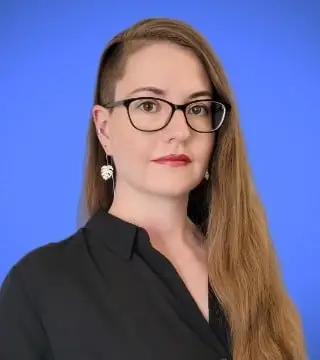For over a decade, doctors wrote and sold huge amounts of opioid prescriptions in Florida. These pill mills have had a lasting effect.
There are many factors that have contributed to the deadly opioid crisis that has been building for over a decade. These include aggressive marketing of the drugs, a lack of knowledge of their addictiveness, and overprescribing, among others.
While opioid addiction and misuse is a national problem, Florida pill mills were supplying people from all around the country with prescription opioids.
What is a pill mill? The term ‘pill mill’ is used to describe medical clinics and offices that write and sometimes distribute prescription pills in large numbers. Doctors at these pill mills would authorize prescriptions without doing thorough examinations, diagnostic work or checking to see if the patients had other prescriptions for the same drugs. These clinics even advertised on billboards which signaled to potential buyers where to go. People from all around the country — Kentucky, Ohio, West Virginia, Georgia, and many other states — would drive to Florida, visiting one office and the next to buy opioids and then returning home to distribute them.
Essentially, these clinics created the supply, or the “gas on the fire,” for the opioid crisis.
Treatment Can Be Life Changing. Reach out today.

History of Pill Mills in Florida
Looking back on the rise of pills mills, why did Florida become such a hub for doctors to sell prescription pills?
For one, drug laws in Florida were geared more toward traditional street drugs like cocaine, heroin and marijuana. Legal prescription drugs like opioids were not on the radars of drug enforcement or legislative agencies.
While other states established computerized systems to track the sale of legal narcotics, Florida did not.
As some Floridians began to notice the problem, they made attempts to change the Florida opioid laws starting in the early 2000s but faced political opposition from drugmakers. Pharmaceutical companies also noticed the rise in drug sales and began making large political contributions, giving over $3 million to Republicans and $1 million to Democrats between 2006 and 2015.
Fortunately, as of 2011, there has been a general crackdown on these types of clinics. Doctors and clinics can no longer dispense pills on-site, and limits have been established as to how many pills a patient can receive.
As part of the effort to stop doctors acting as drug dealers, the FBI and the Federal Drug Enforcement Agency have been prosecuting physicians who took part in these pill mills. Recently, a pill mill doctor and owner was sentenced to prison for 78 months.
Opioid Abuse Statistics in Florida
Partly due to the huge supply of drugs, opioid abuse and addiction have become serious issues in the state of Florida. Recent Florida opioid statistics are not encouraging. Nearly 1,700 Floridians died of an opioid-related overdose in 2016 in South Florida alone.
While the number of pill mills has dramatically decreased, the number of opioid-related overdoses has only increased.
Even if the supply of gas has been removed from the “fire of the opioid crisis,” the flames have spread.
If you or someone you love is struggling with opioid addiction or misuse, there is hope. Treatment centers such as The Recovery Village Palm Beach at Baptist Health exist throughout Florida and are prepared to answer your questions and help you take the first step toward recovery. Contact The Recovery Village Palm Beach at Baptist Health today to learn more about treatment options.










